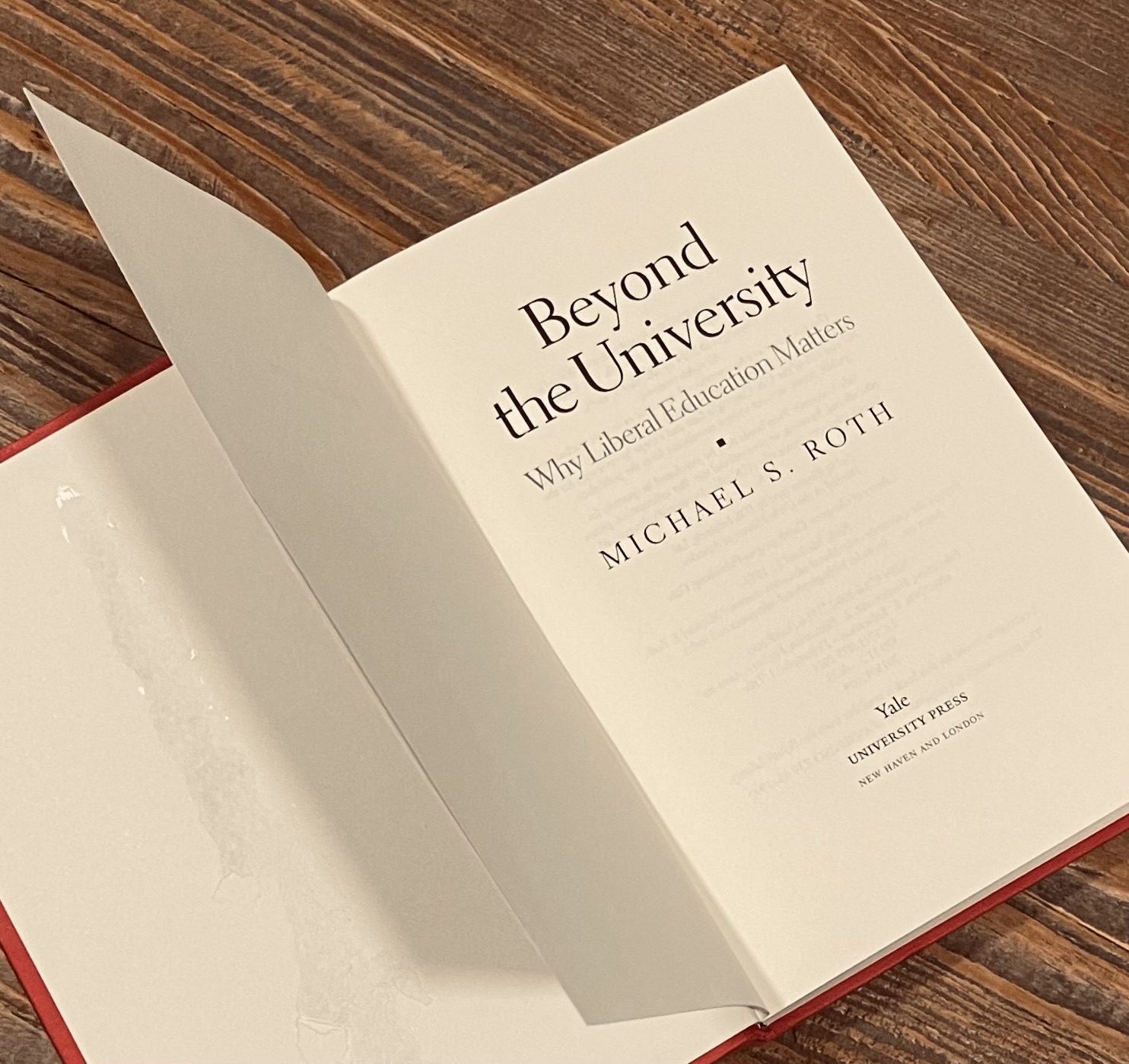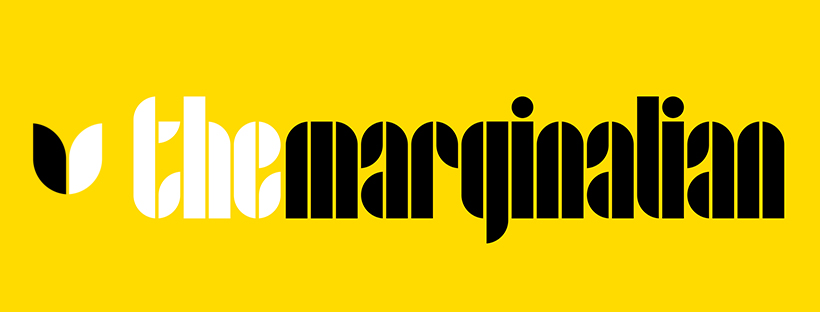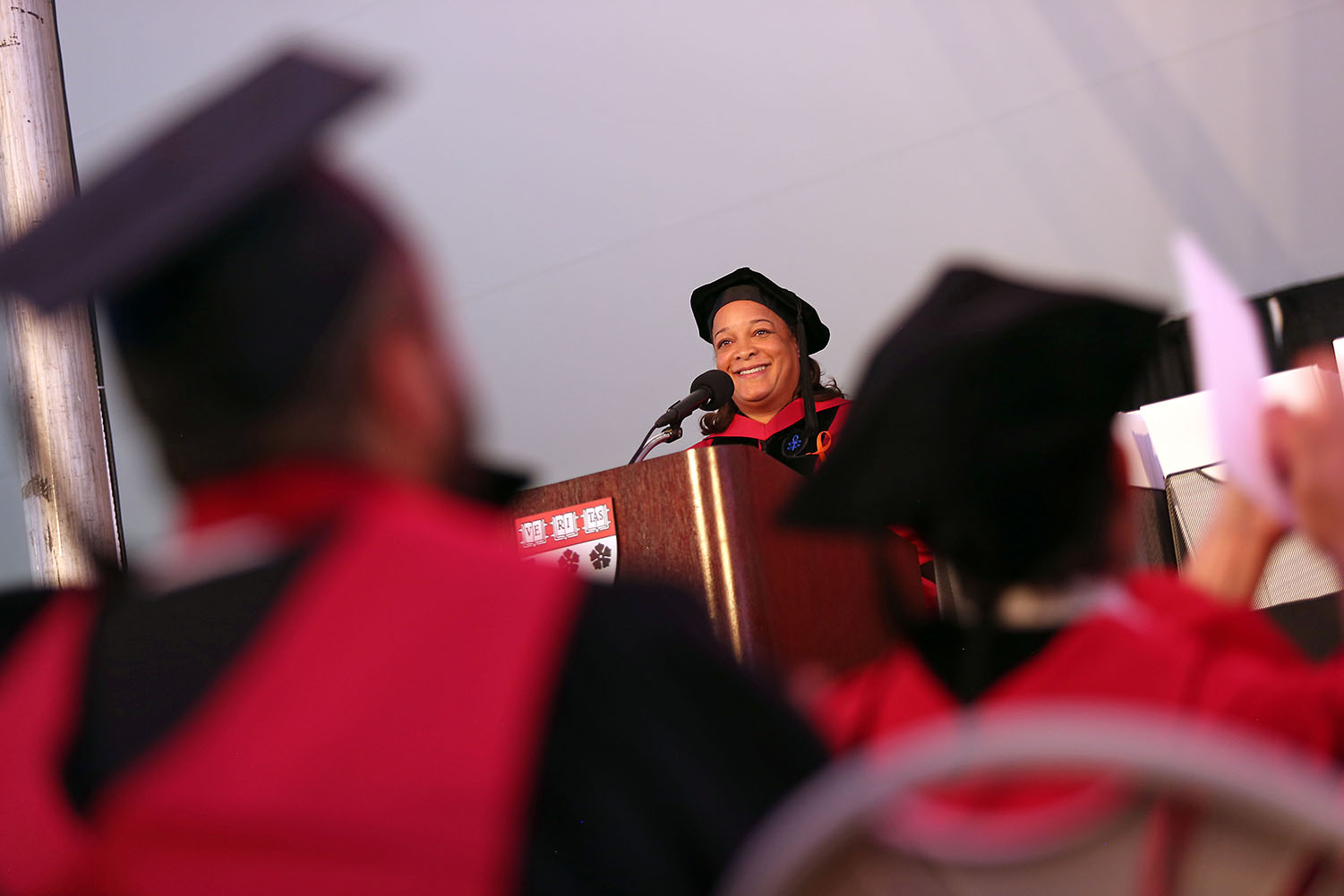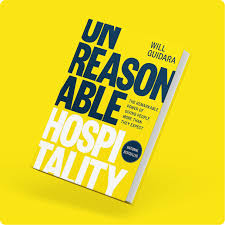Wesleyan University President Michael S. Roth, in his book Beyond the University, makes the case for why liberal arts education—defined in part as “how one learns as a whole person”—matters:
In an age of seismic technological change and instantaneous information dissemination, it is more crucial than ever that we not abandon the humanistic frameworks of education in favor of narrow, technical forms of teaching, intended to give quick, utilitarian results. Those results are no substitute for the practice of inquiry, critique, and experience that enhances students’ ability to appreciate and understand the world around them—and to innovatively respond to it. A reflexive, pragmatic liberal education is our best hope of preparing students to shape change and not just be victims of it. (10-11)
Roth, Michael S. Beyond the University: Why Liberal Education Matters. Yale University Press, 2014.
If liberal arts education “is our best hope of preparing students to shape change,” we should design K-12 education backward from that. Some regard liberal arts education as elitist—insisting education must culminate in “utilitarian results.” However, an education focused solely on utilitarian results—whether as standardized test scores, admission to the most popular colleges, or first-year salary—ironically ensures vulnerability to being bamboozled, betrayed by those educated in “inquiry, critique, and experience.” Aligning education, at all ages, toward these liberal-arts outcomes invests in each child greater skills and possibility of thriving.




